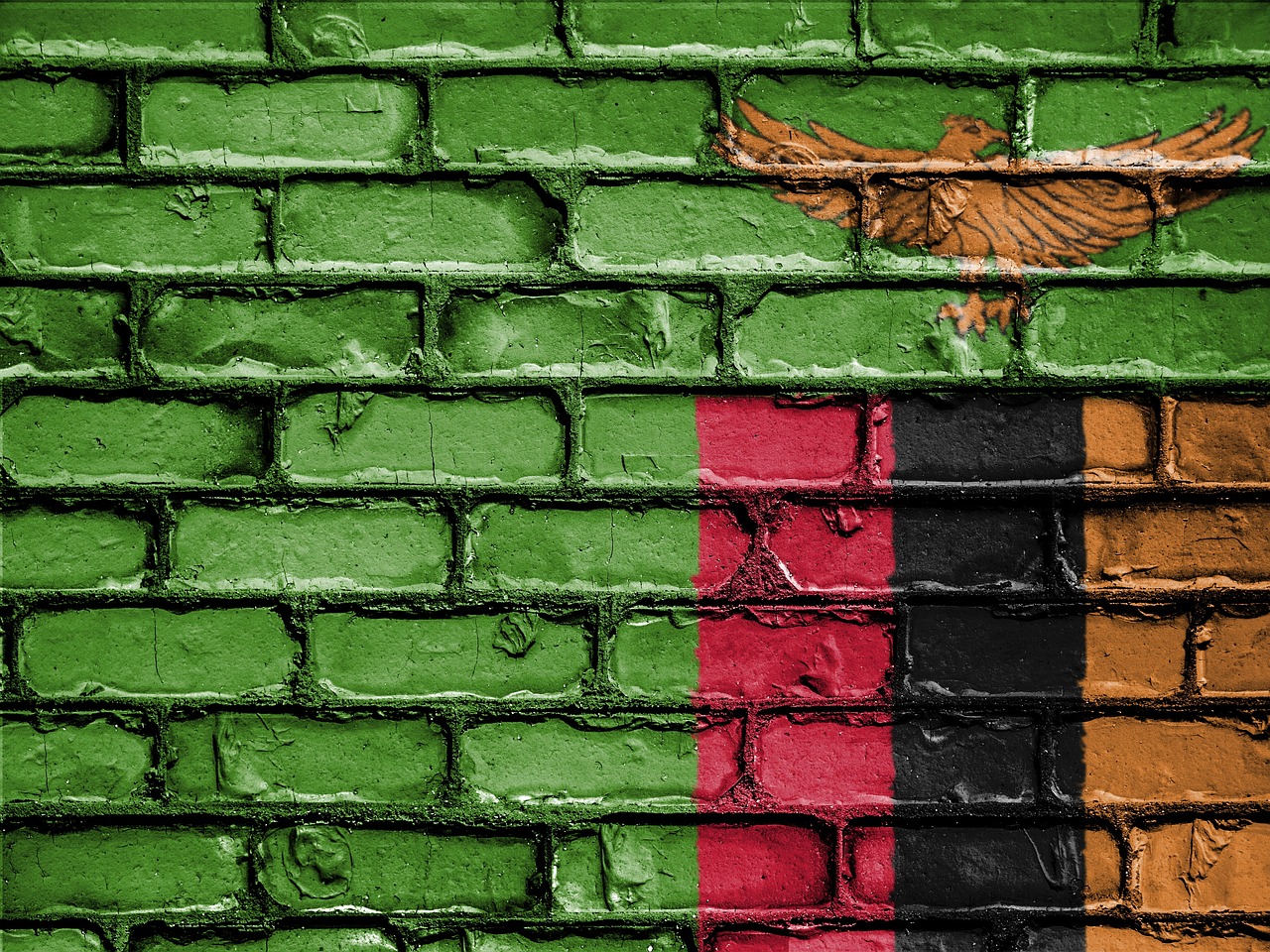The conviction of two men for using witchcraft to harm Zambian President Hakainde Hichilema is a bizarre and deeply unsettling event. While it may seem like a relic from another era, the trial is a reminder of the delicate balance between modern law and deeply rooted traditional beliefs in Africa.
The magistrate’s ruling, which condemned the men as “enemies of all Zambians,” makes it clear that this was not a simple criminal case. It was a politically charged prosecution camouflaged as a legal one. The fact that the court dismissed the men’s claims of being traditional healers and instead focused on the Zambian Witchcraft Act to prosecute them for “professing” magical powers is a dangerous precedent.
While the original intent of the 1914 colonial-era law was to protect the innocent from mob violence, its modern application in this case serves a very different purpose because it allows the state to criminalize a belief system to protect a political figure, effectively using superstition to assert authority.

President Hichilema’s silence on the matter is telling; a leader who claims not to believe in witchcraft is nevertheless benefiting from a verdict that proves a political opponent was “hired to bewitch” him.
Why It Matters
The Zambian government’s colonial-era Witchcraft Act of 1914 is an anachronism that should have no place in a modern society. It is a vestige of a time when the law was used to control indigenous beliefs, and today, it is being used for political purposes.
Instead of a blanket ban, the government should create a new legal framework that addresses the specific harm caused by individuals who defraud or threaten others under the pretense of having supernatural powers.

















